Edito
Social Cohesion
Mobility and social policies: One and the same battle

Why vulnerable populations need to be a priority to make the transportation transition work.
Everybody wants a cleaner future for mobility across the European Union, but policy makers must tackle social issues linked to the transition as energetically as the transport questions themselves, participants at a Mobility Sphere event at the European Parliament in Brussels in May 2025 heard.
“You can’t really differentiate between transport and social policy,” said Nihan Akyelken, an Economic and Social Geographer at the University of Oxford. “Transport and social policies should work in tandem with each other.”
Mobility, she went on, cannot be seen “independently of other rights, such as the right to shelter”, adding that access to mobility is socially and spatially uneven.
Sometimes we miss just how much transport and social aspects are intertwined, said Elisabeth Kotthaus, Head of Unit, Social Aspects, Passenger Rights and Equal Opportunities, DG MOVE.
Transport is “often neglected because it’s something we have every day, and it’s just there”, she said. “Other things are much more chic and much more sexy than transport, but in the end nothing works if you don't have the mobility for every day and for our social needs.”
The European Commission already has policies for vulnerable energy users and energy poverty, but not for transport poverty, she remarked.
The Commission therefore launched a study on the topic, she said, highlighting key conditions for mobility: affordability, availability and accessibility – with an emphasis also on safety and security.
Draft recommendations to EU member states include promoting zero emission vehicles, subsidies for purchase of social leasing schemes, alternative fuel charging infrastructure or public transport services, extension of existing or new public transport in low income underserved areas, Kotthaus said.
Others are on-demand transport services, mainly in sparsely populated rural remote areas where public transport is not a viable option, app-based shared mobility with targeted subsidies, as well as social tickets such as digital wallet, mobility vouchers or reduced tariff tickets for public transport for vulnerable low income transport users.
“One important condition is that they must be targeted to vulnerable groups,” she said.
Thierry Mallet, Chairman and CEO, Transdev Group, said such targeting should include ticket prices. Surveys show that only about 11 percent of people state that public transport is “too expensive” for them, he told the conference.
So, instead of subsidizing ticket prices across the board, or even making public transport free for everybody, policy makers should give a special tariff only for the 11 percent of people who need it. Everything else, he said, meant “losing revenue” that could otherwise be used for people who need it the most.
“It’s very important that in any policy we have real prices, so the rich pay the price they should pay, and we help those who need support.”
Meanwhile, the Social Climate Fund – the first EU fund with the explicit purpose of alleviating potential energy and transport poverty – creates “a unique opportunity” because some of its 86 billion euros will be targeted towards transport, the panelists in Brussels agreed.
The fact is that the richer part of the population is more responsible for climate change.
Jan Dusik, Deputy Director-General for Climate Action, EU Commission
Without accompanying measures to protect and encourage the most vulnerable parts of the population, they warned, rules and regulations for cleaner mobility are likely to run into resistance, such as the Yellow Vest movement in France.
“It seems that every time we try to transform transport in a sustainable way, we face social protests and social tensions,” observed Francois Gemenne, IPCC Lead Author and Scientific Advisor to The Mobility Sphere.
Another challenge, added Kotthaus, is that benefits of some transport policies “are shown only after a while”, which can test the patience of citizens.
The public transport sector is facing amazing investment challenges. I would like to make sure that we're all aware of this and that this is not a missed opportunity.
Thomas Avanzata, Spokesperson, UITP European Union Committee
EU Commission representatives, meanwhile, rejected suggestions that a lack of funds at the national level are necessarily the biggest obstacle to change.
“The EU’s emissions trading system (ETS) is a predictable source of income and most of its revenues are put back into decarbonization”, noted Jan Dusik, Deputy Director-General for Climate Action at the European Commission.
Kotthaus emphasized that the Social Climate Fund “is not a general policy of decarbonization, it's really targeted to vulnerable persons, and that is new.”
It's fundamental to have a dialogue with local and regional authorities. Cities are best positioned to identify and reach their vulnerable communities.
Pedro Gomes, Clean Vehicles and Air Quality Cluster Lead, POLIS
Thoughtful consideration might be needed to determine the optimal strategy for deploying of mobility solutions, suggested Yann Seimandi, Policy Officer at DG MOVE. Should we incentivise individual mobility solutions, or should we enhance access to public transportation? Likely, a balanced approach tailored to local contexts will be essential to maximize socio-economic benefits, rather than treating these options as mutually exclusive.
You need to discuss with your neighbours, the communities which are beside you. If you want to address the needs of the poor who are commuters, you need to have a vision, a plan, and maybe an integrated plan together with land use.
Isabelle Vandoorne, Acting Head, Innovation and Research Unit, MOVE
Humberto Lopez Vilalta, General Director at TRAM in Barcelona, suggested that “As society evolves and becomes more focused on sustainability and social rights, we may reach a point where public transport is seen as a right — just like free education and healthcare in Spain. That would challenge the current funding model and could shift our entire perspective.”
While money in the right place is crucial for an inclusive and widely-supported transition, empowerment may be even more important than finance, said Frank Siebern-Thomas, Head of Fair, Green and Digital Transitions Research Unit at DG Employment.
“People are not against climate or energy or transport policies or sustainability transition. They are uncertain whether they are empowered to be part of this transition, from an employment perspective or from an expenditure or social perspective,” he said. “Showing good practices at city level, regional and local level is key in that.”
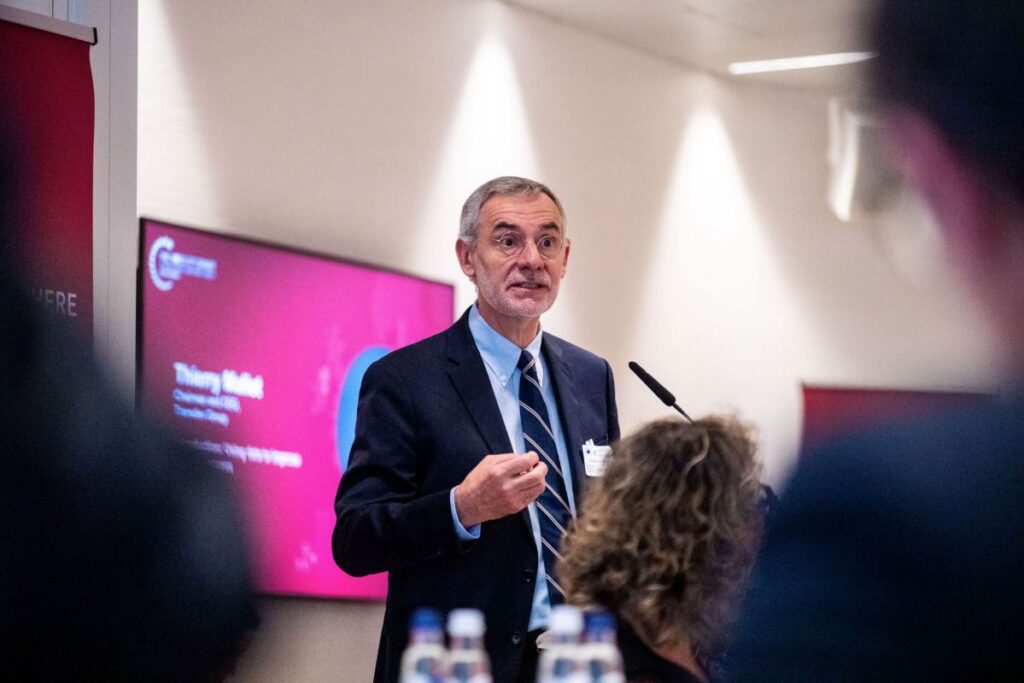
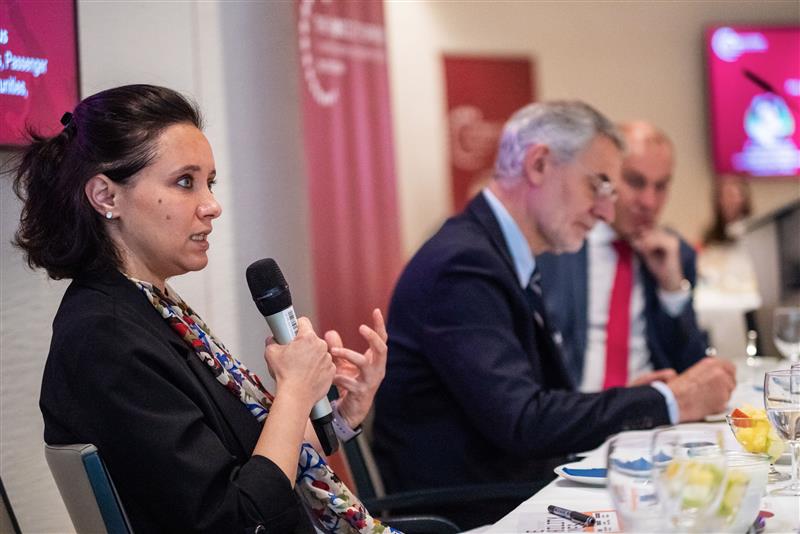
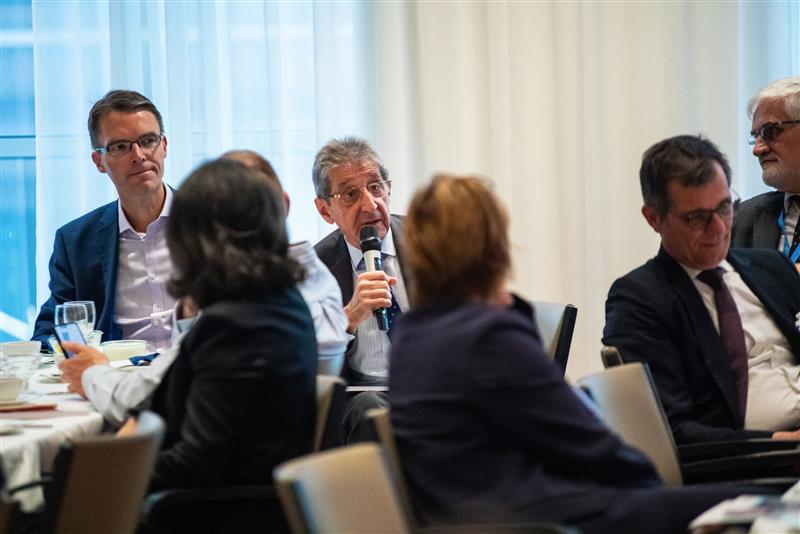

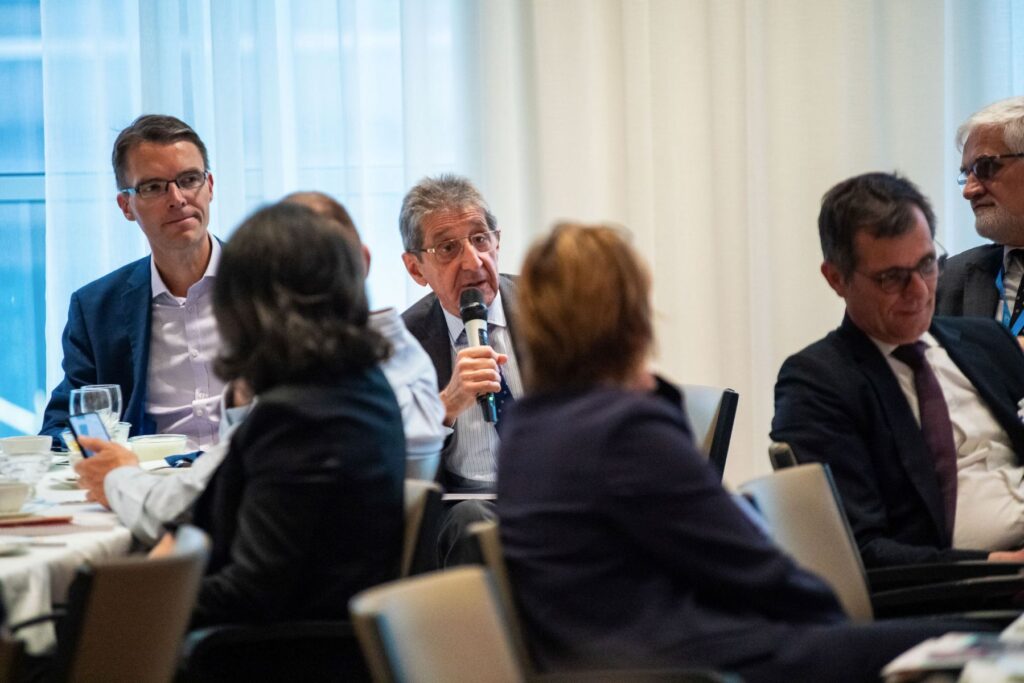
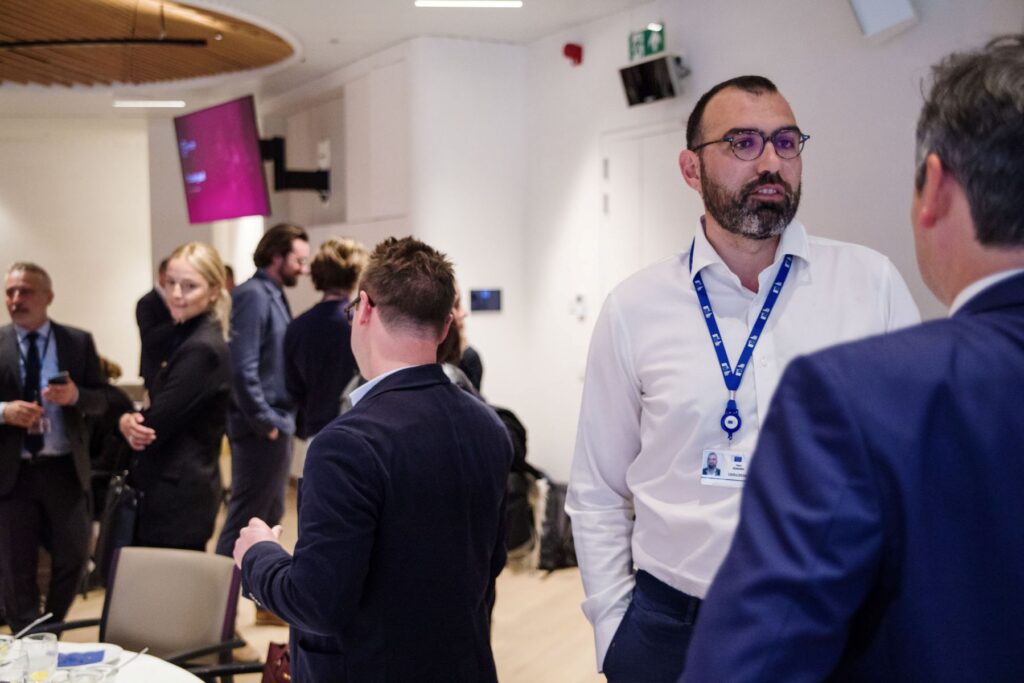
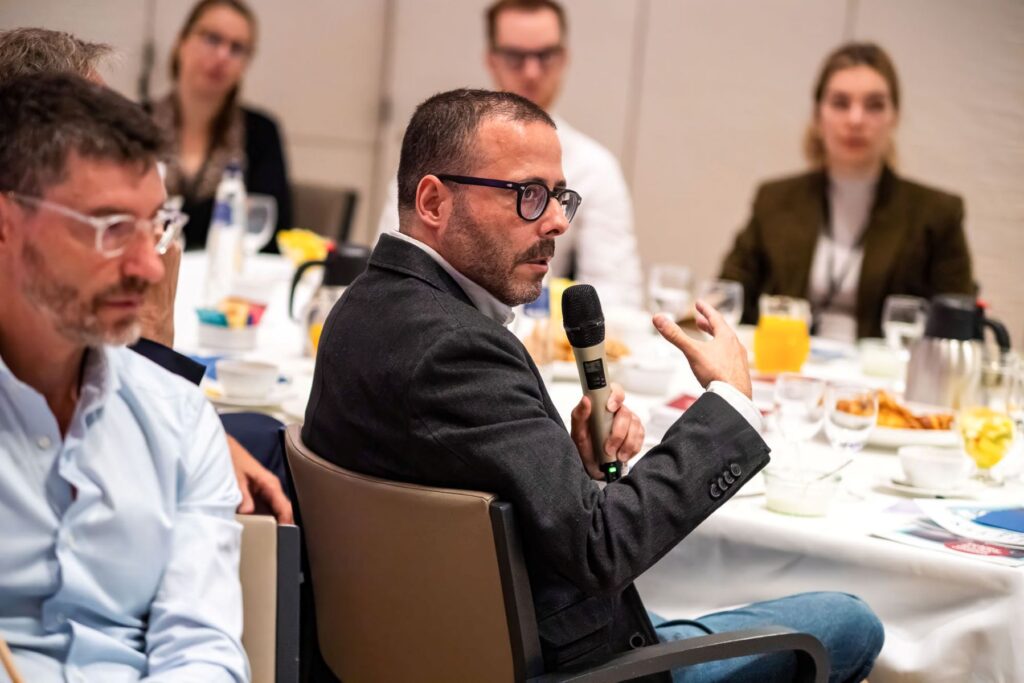
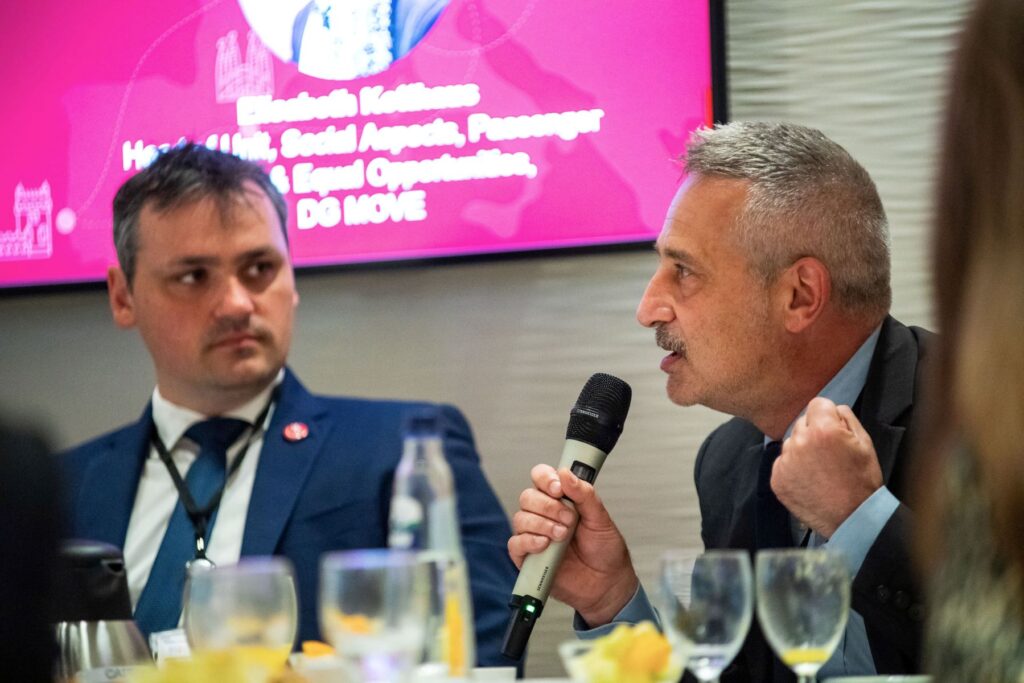
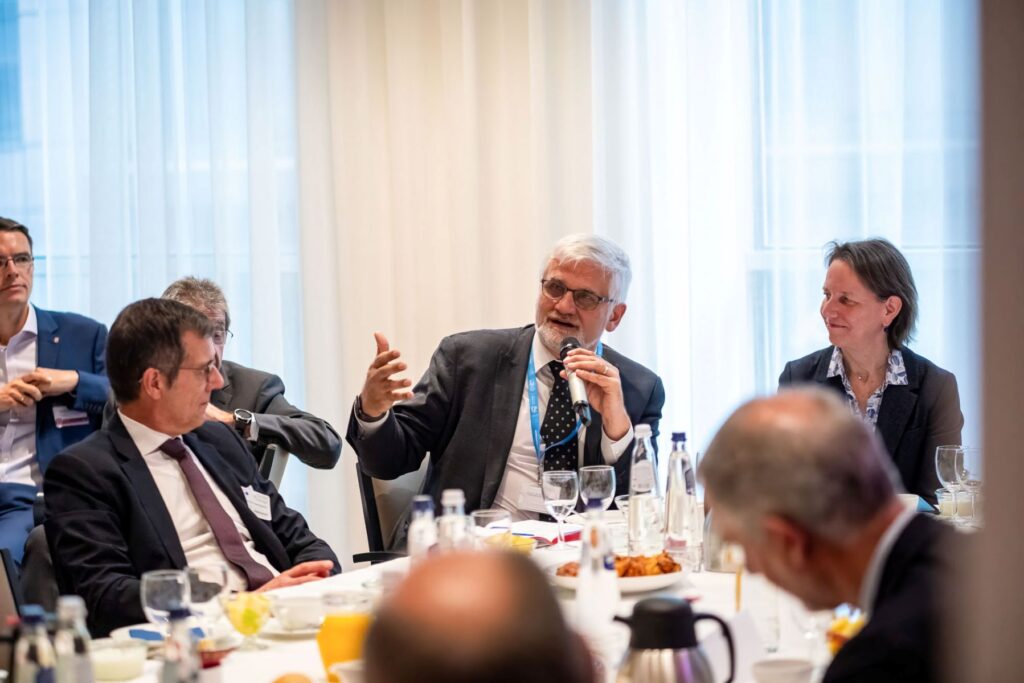
-
 Interview
Design
Interview
Design
How can individuals improve their urban environment?
Zeina Nazer, Co-founder of Cities Forum and vice president of ITS UK Road User Charging Forum
-
 Interview
Decarbonization
Interview
Decarbonization
How can we catalyze the transition towards carbon-neutral transportation?
Katarina Cséfalvayová, Co-founder and director of the Institute for Central Europe
-
 Interview
Social Cohesion
Interview
Social Cohesion
How can we tackle mobility poverty?
Sébastien Bailleul, Director of Institutional and European Relations at Wimoov
-
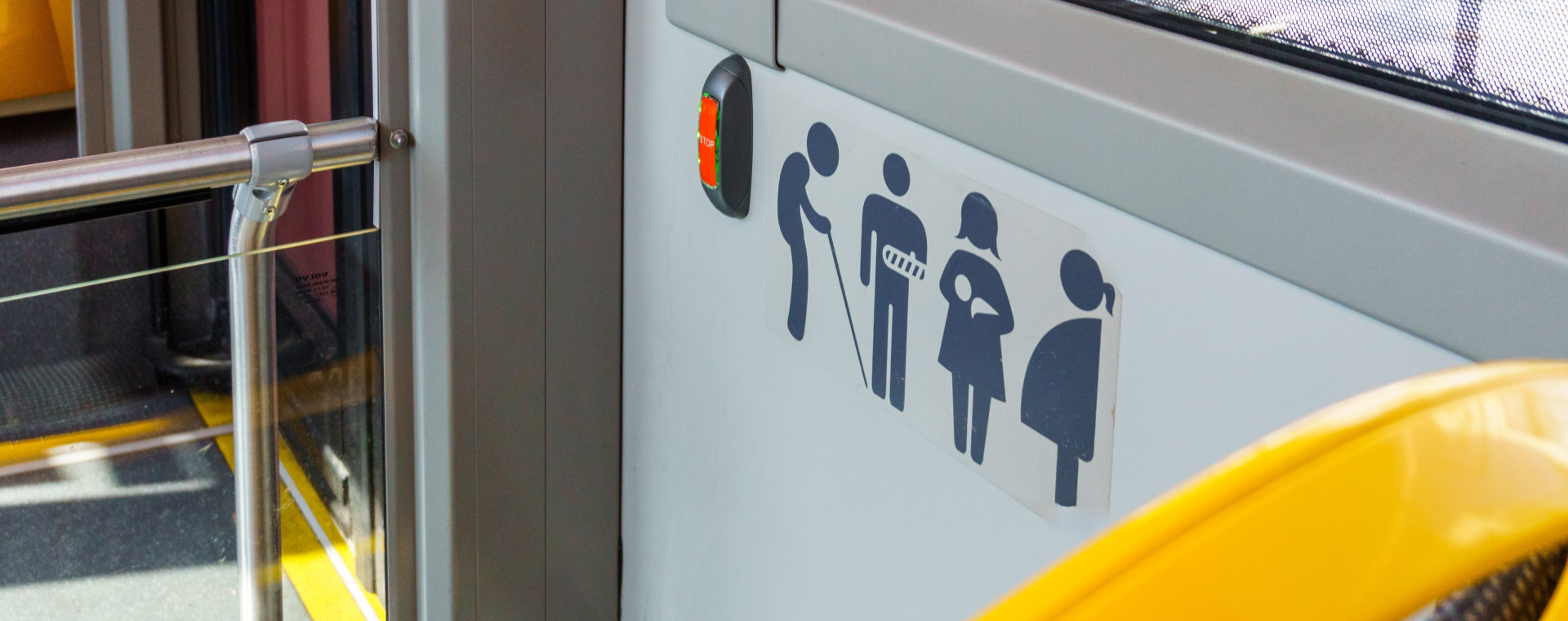 Interview
Access
Interview
Access
Will tomorrow’s mobility be inclusive and fair?
Dominique Riquet, Member of the European Parliament
-
 Interview
Common Good
Interview
Common Good
What continuum exists between social mobility and geographical mobility?
In this interview, Margaux Nebout tells us about the link between social mobility and geographical mobility.
